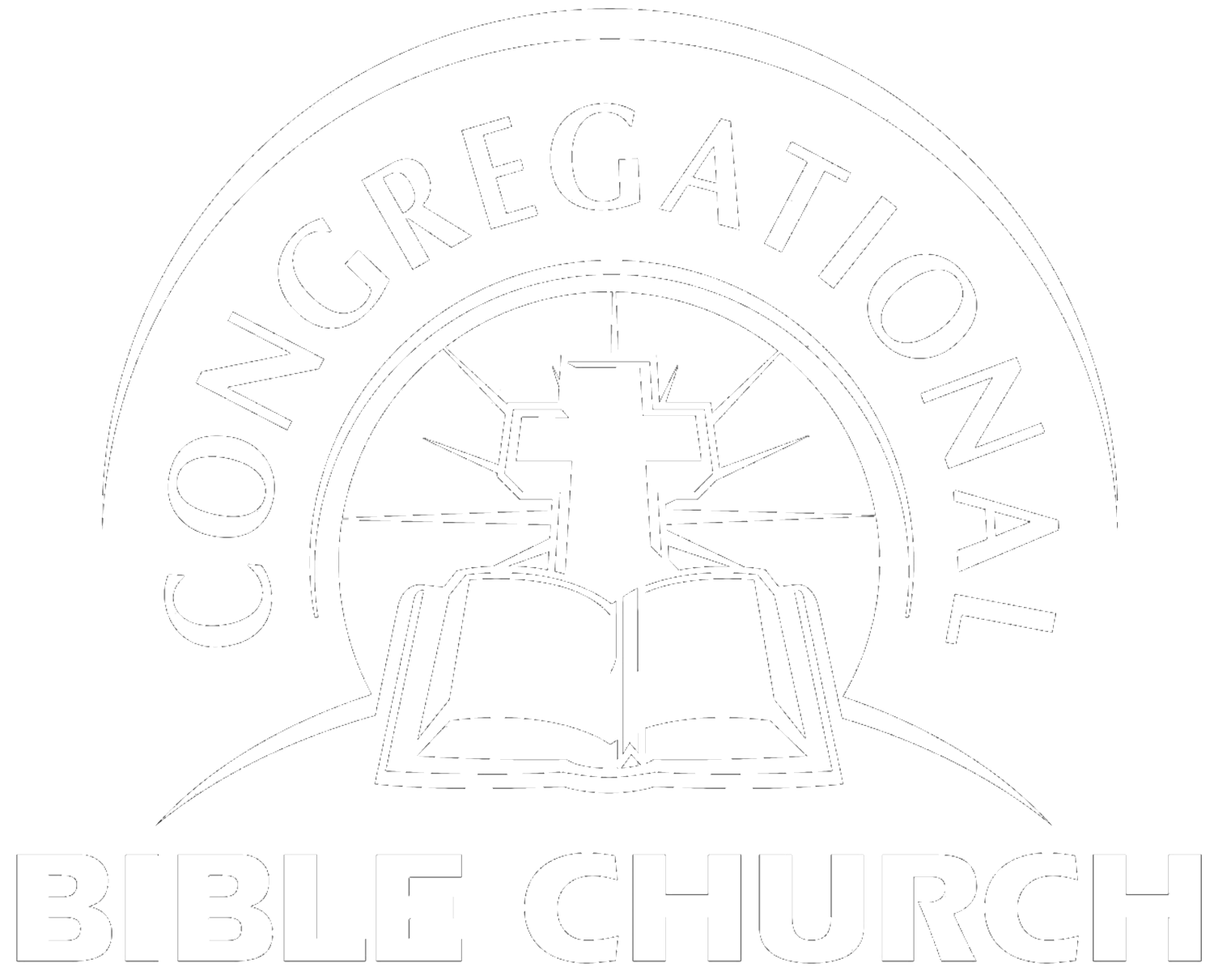In all of church history there is probably no one more polarizing than John Calvin. A significant group of Christians hate him and a significant group of Christians adore him. We would all admit that no Reformer deserves undo veneration or inappropriate idolization, but whatever your personal view of Calvin may be, we cannot deny his tremendous impact upon the Reformation and Christian history. His theology is still hotly debated now, almost 500 years after his writings.
Calvin was born in 1509 and showed himself to be a brilliant scholar and student. He studied at the University of Paris in order to be a priest; because that’s what you did back then when you had an interest in religion. We are not totally sure where his conversion to Christ happened, but he ended up writing his first protestant book at the age of 23. His most famous work, the Institutes of the Christian Religion, he wrote when he was 26. Over the years, it went through numerous versions and additions, but for a theology book of that stature to come from a 26 year old was truly remarkable.
He had no desire to be a pastor or a well-known Reformer. He actually wanted to retire and simply be a private and obscure scholar. His dream would be to sit quietly and read and write theology on his own. However, through the Lord’s providence, as he was traveling to his desired location, a war was being fought and he had to detour through the town of Geneva. The pastor there, William Farell, heard Calvin was passing through and tried to convince Calvin to stay on as the pastor and help him with the Reformation. When Calvin refused, Farell actually pronounced a curse on Calvin and his private studies! Out of sheer fear, Calvin agreed to stay on and be the pastor of the church in Geneva.
Calvin pastored the church for only 3 years and it was nothing but trouble for him. The congregation treated him horribly, even to the extent of naming their dogs ‘Calvin’ as a derision against him. He was run out of the church after 3 years, then he spent 3 years reading and writing in Strasburg (his original destination), but after his 3 year hiatus the influence of the Catholic Church came back mightily in the city of Geneva and the church went and begged him to come back. Calvin came back after being gone for 3 years, and in his first sermon back, he preached on the next verse he was going to preach on 3 years before.
This is really who John Calvin was: a student of the Scripture and an expositor of God’s Word. He usually preached five sermons a week, each sermon at one hour long, with no notes, and they were all expositions of passages of the Bible. He also wrote 45 volumes of commentaries on the Greek and Hebrew Bible. Most of these commentaries were taken from his preaching. He was a pastor first and he went through extraordinary suffering in his life (his wife died and he suffered from various physical ailments).
John Calvin was really a second generation Reformer. When he became a Christian, almost 20 years had passed since the beginning of the Reformation. He stood on the shoulders of giants like Martin Luther in his theological work. Calvinism is a term you might have heard of. It is primarily a reference to Calvin’s theology of salvation and it is described in the acronym TULIP (Total depravity, Unconditional election, Limited Atonement, Irresistible Grace, and Perseverance of the Saints). However, this theology did not come solely from Calvin. This was taught by the early Reformers, by the early church fathers, by the apostles, and by the Lord Himself. Sometimes theological labels are helpful because they can quickly define your convictions (I am a Calvinist). However, sometimes theological labels are not helpful because it sounds like you have chosen to follow the man rather than the Bible. I prefer not to use theological labels to describe me, but if you would ask me, I would agree with what is commonly referred to as ‘Calvinism’ as being the teaching of the Bible, not just the teaching of Calvin.
While Calvin had his faults and was by no means perfect, one cannot deny the positive affect he had on the Reformation and Christianity in general.
Pastor Mark Scialabba


